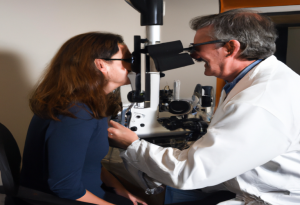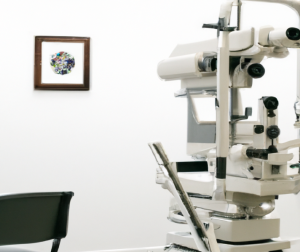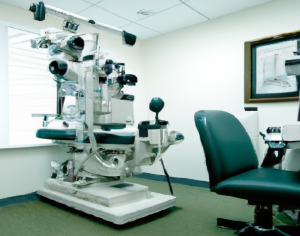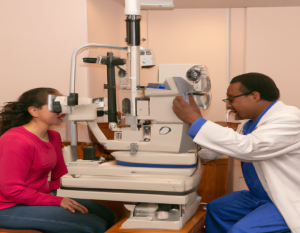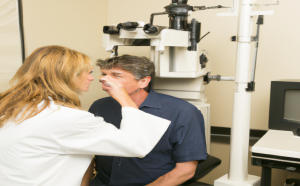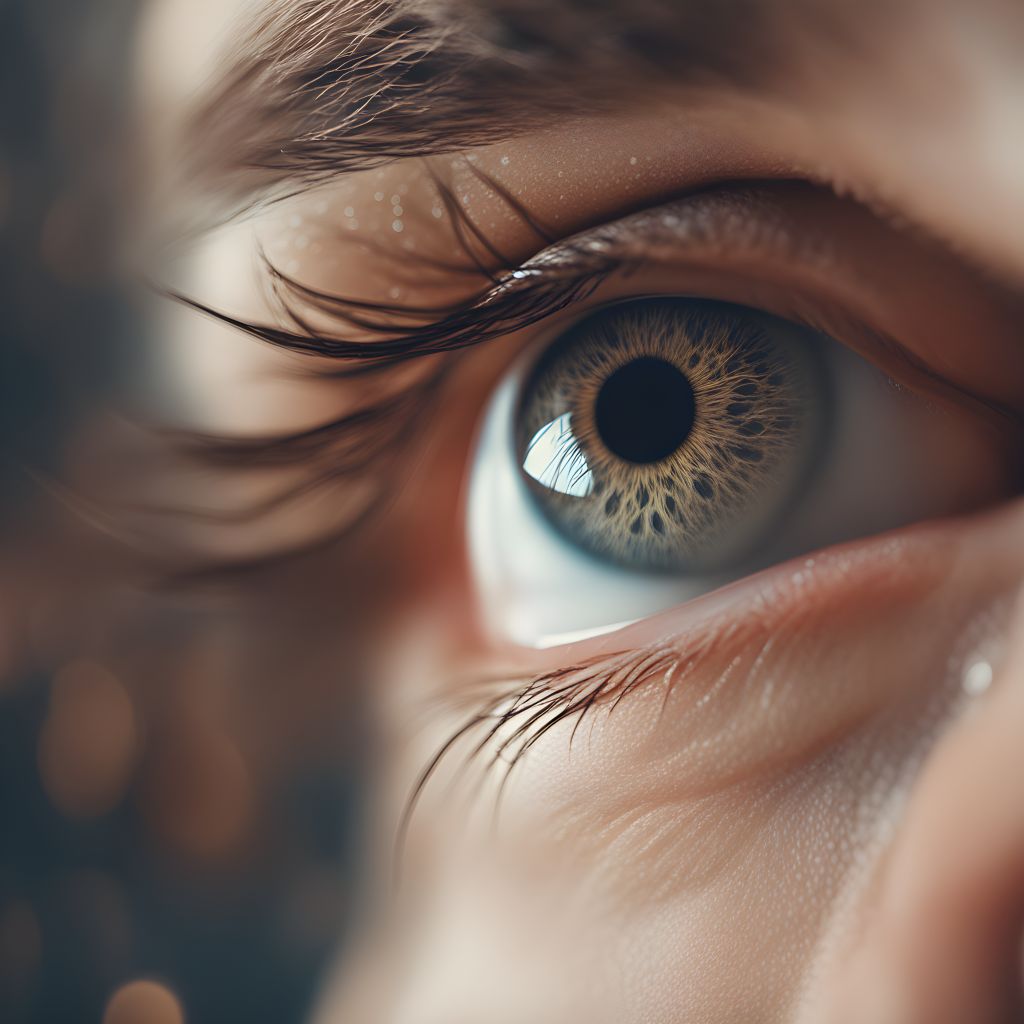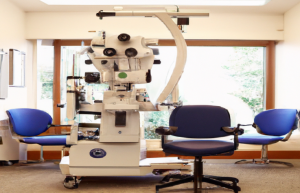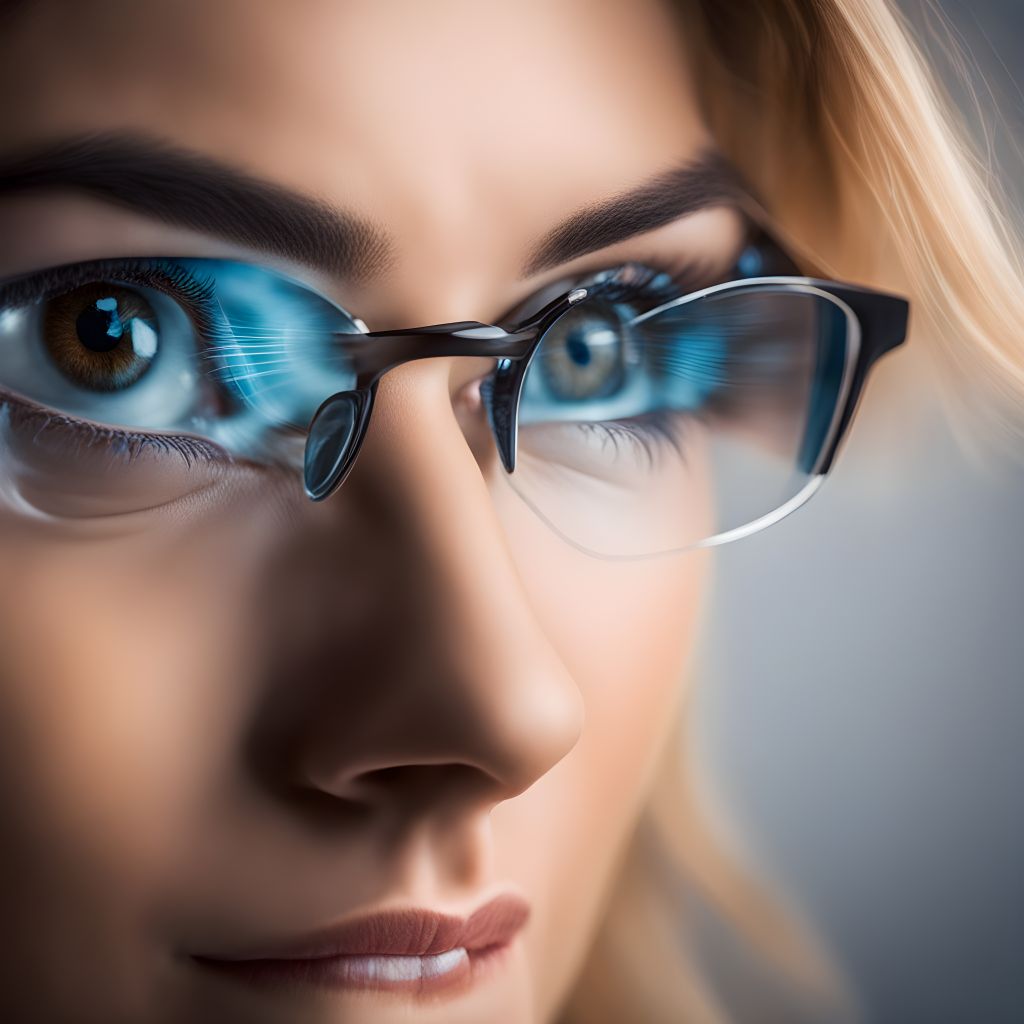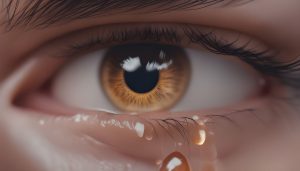How Blue Light Screens Affect Eye Health and How to Reduce Risks
Many individuals may be aware with my personal experience, which served as the starting point for my career in the field of eye care and health concerns associated to screens. My vision started to gradually shift a few years ago. They were hardly noticeable at first, but with time they became increasingly visible. I frequently experienced headaches, dry eyes, and blurred vision as a result of working long hours in front of a computer and then spending my nights watching TV or scrolling through my phone. It acted as a wake-up call for me, motivating me to study more about how screens impair our vision and what I could do about it.
This study was not only required, but it was also driven by a strong desire to preserve eye health and improve quality of life. I realized that I took my sight for granted, just like a lot of other people do. When I started exploring for methods to lessen the harmful impacts of screen time, I discovered a plethora of knowledge and techniques that completely altered the way I approached eye care. Embracing brighter eye care strategies became my mantra, focusing on proactive measures to enhance the health and comfort of my eyes.
Let’s now expand our understanding of the risks associated with screen usage. It’s essential to develop an outlook eye care approach that not only addresses immediate discomfort but also looks ahead to prevent long-term damage to our vision. By being informed and taking appropriate actions, we can work towards achieving optimal vision, ensuring our eyes are protected and function at their best in our increasingly digital world.
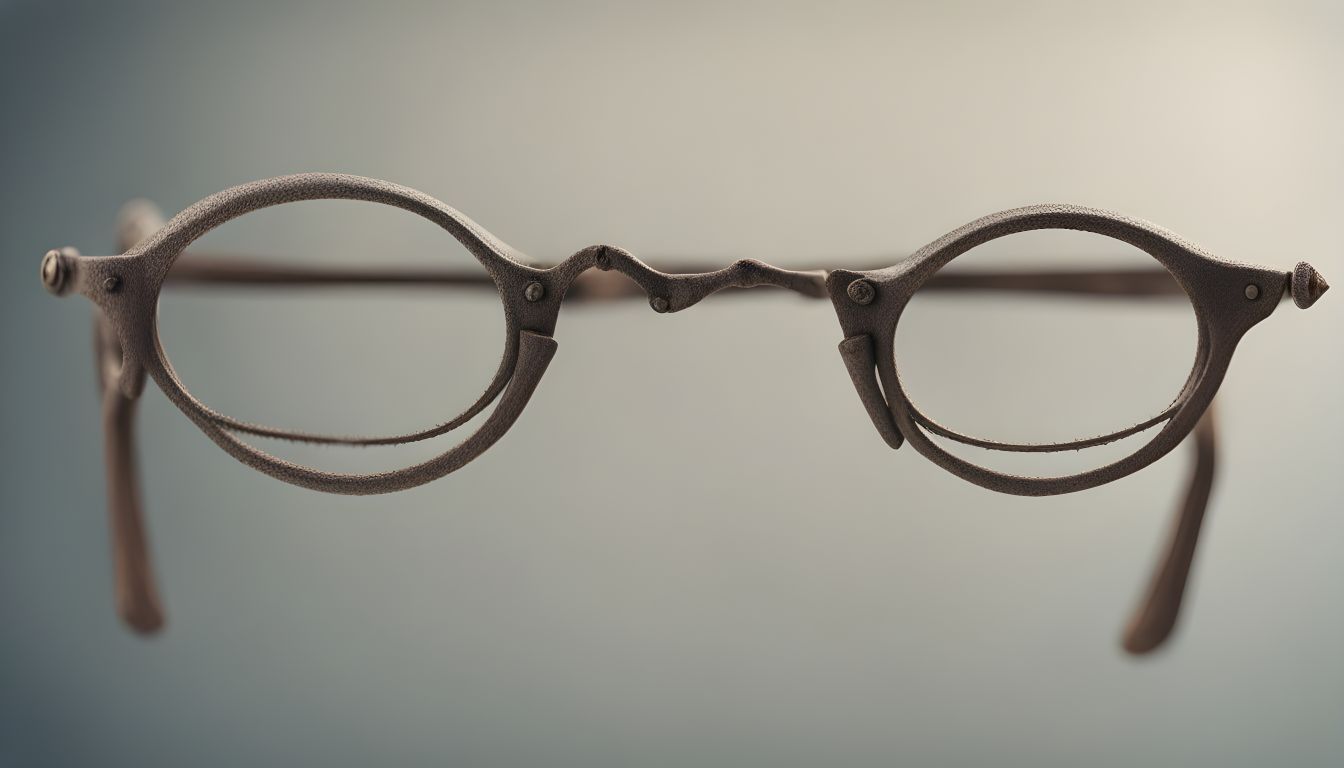
The eye is not meant to be exposed to digital screens for extended periods of time. This is a miracle of evolution. Our predecessors lived in the days before artificial lighting, not the blue light that comes from screens. Our current state of eye health is impacted by this basic distinction. Due to the substantial increase in screen time caused by the invention of the cathode-ray tube in the early twentieth century, as well as the widespread use of smartphones and personal computers, eye care is now more vital than ever.
According to study, prolonged lengths of time spent in front of a monitor can result in Computer Vision Syndrome (CVS), which causes headaches, dry eyes, impaired vision, and eye strain. The primary factor is the blue light that these displays generate, which over extended periods of time may be hazardous.


A number of tactics are advised by professionals to mitigate these hazards. One successful strategy is the 20-20-20 rule, indicating that for every 20 minutes spent gazing at a screen, a person should gaze at something 20 feet away for at least 20 seconds. This little exercise considerably lessens eye strain.
Your screen setup’s ergonomics are another important consideration. The top of the screen should be at or slightly below eye level, and the monitor should be positioned around an arm’s length away. Your eyes and neck will feel less strain in this position. Reducing eye strain also requires adjusting screen brightness and contrast to levels that are pleasant for the user.
There is more optimism thanks to recent advancements in screen technology. Presently, producers are creating displays with reduced blue light emissions, and a lot of gadgets have blue light filters installed. These developments indicate the tech industry’s increased understanding of eye health problems.


Maintaining the health of your eyes also requires routine eye exams. A specialist in eye care can identify any early indicators of eye strain or injury and offer tailored assistance. These visits are quite important, particularly for those who use screens often.
It’s advantageous to think about altering your way of living. You can greatly lessen eye strain at your office by making sure it has enough lighting. Avoid working in low-light locations since it may cause more strain on your eyes than necessary. Overall eye health may be improved by consuming a well-balanced diet rich in vitamins and minerals, particularly those beneficial to the eyes, such as Omega-3 fatty acids and vitamins A, C, and E.
It is impossible to exaggerate the value of eye workouts. Easy exercises that improve eye strength and flexibility and lower the risk of strain include performing eye rotations and sporadically focussing on distant objects.
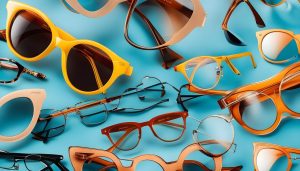

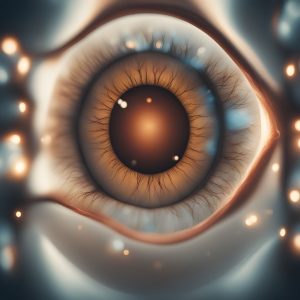
Preventative Measures for Optimal Eye Health
Despite being an essential component of contemporary living, monitor displays may pose threats to our eye health. We may lessen these impacts and preserve ideal eye health by being aware of these hazards and taking preventive steps like taking regular breaks, setting up our screens properly, exercising our eyes, and getting regular eye exams. Our ability to traverse the digital world securely and healthily will be facilitated by a combination of current technology, historical knowledge, and proactive eye care.
Remember that in the digital age, preserving good eye health requires more than just reducing screen time; it also requires carefully integrating screen use into everyday activities while being aware of its harmful impacts on eye health. By doing this, we can continue to reap the benefits of technology while protecting one of our most valuable resources: our vision.
Read also – Eye Relaxation & Exercises: The Ultimate Guide for Optimal Vision Health.
